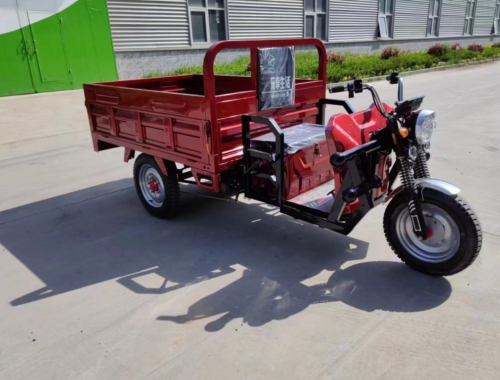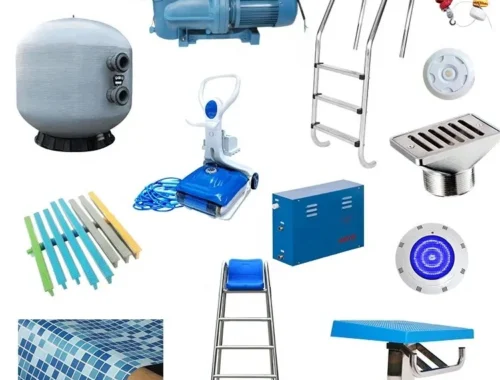German ‘car cartel’ conundrum
Allegations against Germany’s mighty car industry have flown thick and fast this week, but regulators are still asking themselves whether the carmakers really operated a hardcore cartel that scammed consumers for decades.
Brussels and Bonn are investigating whether Germany’s top five auto companies — Audi, BMW, Daimler, Porsche and Volkswagen — colluded at regular, and secret, meetings held to discuss technical standards, suppliers, costs and other issues. The meetings, revealed by Der Spiegel, spanned more than two decades.
What looks like a cartel to outsiders may not be so obvious to regulators. Despite the stunning allegations, antitrust enforcers in Brussels are proceeding with caution. Automakers are quietly mounting a defense. And BMW, one of the five supposed members, said it has been neither raided by antitrust enforcers in connection to this inquiry nor questioned about the concerns.
Why would Volkswagen and Daimler formally confess to a cartel if there wasn’t one? The prospect of gaining immunity from fines by blowing the whistle is an enticing one — too much so, say critics, who argue the immunity system encourages companies to portray their conduct in the worst possible light. After all, it’s the others that will have to foot the bill before regulators.
What first appears to be collusion can look different when new facts emerge, or when those facts don’t mean a breach of EU laws. The Commission dropped a cartel probe into bioethanol producers earlier this year. And some 18 months ago it dropped charges that the world’s largest investment banks colluded to carve up the market for credit default swaps.
“Except in classical cartel cases, the mere fact that competitors would collaborate and exchange information is not in and of itself sufficient to find a violation,” said Paul Lugard, a partner at law firm Baker Botts in Brussels. Whether it is illegal or not depends on how they cooperated and why, what sort of information was exchanged and what effect the collaboration had, he explained.
There are suggestions from Brussels that at least some of the carmakers’ conduct falls into a gray zone.
Competitors can and do work together on developing new technologies or rolling out essential infrastructure. Joint purchasing, which seems to have been part of what was discussed, can foster competition.
“It is quite common for car manufacturers all over the world to engage in an exchange on technical issues in order to accelerate the pace and quality of innovations,” Volkswagen said in a statement Wednesday that didn’t directly address the allegations. It added that cooperation between competitors can cut costs for consumers.
A Daimler spokesperson declined to comment on “speculations” but said the company has a “comprehensive antitrust compliance program.” A spokesperson for BMW said it was assessing the situation. Earlier this week it said that certain discussions reported by Der Spiegel aimed to increase the availability of diesel exhaust fluid in Europe.
Germany’s car industry is widely considered the ultimate symbol of the country’s economic prowess, and its influence stretches deep into politics and the administration.
The Commission says it’s not giving anyone preferential treatment. “Our track record of busting cartels, especially in the car sector, speaks for itself,” said Ricardo Cardoso, the Commission spokesperson for competition. The Commission notes it has uncovered nine cartels in the automotive sector over the past 10 years and fined companies almost €6 billion — including a €2.9 billion sanction for a cartel of truckmakers that included Daimler and two Volkswagen subsidiaries.
The Commission confirmed it is assessing information about the exchanges between carmaker engineers, adding it was “premature at this stage to speculate further.”
Der Spiegel, which published a detailed and damning investigation into “das Kartell” late last week, said Volkswagen, the world’s largest carmaker, confessed to German and European enforcers in July 2016 in a bid to secure immunity from fines. The Süddeutsche Zeitung says Daimler submitted information to regulators in 2014, or even earlier.
One crucial element makes it nearly impossible for the Commission, as well as the carmakers, to defend themselves in public: The omertà imposed around cartel probes.
“If you mention [the case], you lose any benefit,” said one antitrust lawyer, who declined to comment on the record because his firm does work for the German car sector.
Defendants are stripped of their immunity or any leniency if they reveal their talks with the Commission, as that might prompt others to destroy evidence. The Commission keeps its communications to the bare minimum, for fear of tipping off potential defendants and to respect the presumption of innocence.
That seems a strange position to maintain when almost all of Europe now knows the Commission is looking at this issue. But it explains the short and sometimes cryptic remarks from all sides.
Daimler has already picked up a record €1 billion cartel fine for colluding with rival truckmakers.
“I think more likely is that Daimler was severely hit by [the investigation into the trucks cartel] and they wanted to be on the safe side,” said one seasoned observer who requested anonymity as his firm is seeking a mandate in the probe. The same would apply to Volkswagen, which has paid out $20 billion over Dieselgate and has two subsidiaries caught up in the trucks cartel.
Analyzing whether exchanges between competitors actually qualify for an exemption under EU competition law can take time.
“It is possible that these are arrangements between competitors that have some benefits, but this might have slipped into a cartel,” the antitrust lawyer said.
Cardoso, the Commission spokesperson, said: “The length of cartel investigations is case-specific and depends on a number factors, including the complexity of the case and the cooperation of the companies with the Commission and the exercise of the rights of defense.”
In the trucks cartel, Volkswagen’s subsidiary MAN first contacted the Commission with information in September 2010, prompting dawn raids across the sector that January.
The Commission’s reaction is not always so prompt.
In a decision sanctioning a cartel rigging the sale of thermal systems of cars, which led to fines of €155 million in March 2017, Panasonic went to regulators in December 2010, leading enforcers to request information from rivals in July 2011 and some raids in May 2012.
In the alternators and starters cartel, which led to fines of €137 million in 2016, a request for immunity by Denso in February 2011 prompted regulators to quiz rivals in July of that year.
Click on the image to enlarge.
Click Here: geelong cats guernsey 2019
You May Also Like

WHY ELECTRIC TRICYCLES FROM CHINA ARE TRANSFORMING GLOBAL TRANSPORTATION: A GUIDE TO CHOOSING THE BEST MODEL
December 31, 2024
ユニットハウスのメリットとデメリットを徹底解説
March 20, 2025